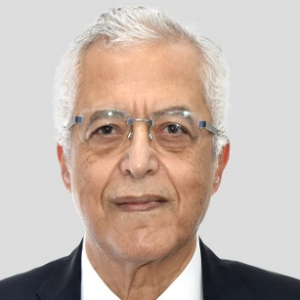Biomaterials
Biomaterials plays essential part in medicine,restoring function and facilitating healing of individuals after injury or sickness. Biomaterials could also be artificial or synthetic and are utilized in medical applications to support, replace damaged tissue or a biological function. Injectable Biomaterials are getting used increasingly for the delivery of therapeutic agents like medicine, genetic materials, and proteins.
Medical implants, including heart valves, stents, and grafts; artificial joints, ligaments, and tendons; deafness implants; dental implants; and devices that stimulate nerves. Techniques to promote healing of human tissues, sutures, clips, and staples for wound closure, and dissolvable dressings. Regenerated human tissues, employing a combination of biomaterial supports or scaffolds, cells, and bioactive molecules. Molecular probes and nano particles that break through biological barriers and aid in cancer imaging and therapy at the molecular level. Biosensors to detect the presence and amount of specific substances and to transmit that data. Drug-delivery systems that carry or apply drugs to a disease target.

Nagy Habib
Imperial College London, United Kingdom
Lucie Bacakova
Institute of Physiology of the Czech Academy of Sciences, Czech Republic



Title : AI-integrated high-throughput tissue-chip for space-based biomanufacturing applications
Kunal Mitra, Florida Tech, United States
Title : Stem cell technologies to integrate biodesign related tissue engineering within the frame of cell based regenerative medicine: towards the preventive therapeutic and rehabilitative resources and benefits
Sergey Suchkov, N.D. Zelinskii Institute for Organic Chemistry of the Russian Academy of Sciences, Russian Federation
Title : In vitro evaluation of lyophilized Dedifferentiated Fat cells (DFAT) impregnated artificial dermis
Kazutaka Soejima, Nihon University, School of Medicine, Japan
Title :
Nagy Habib, Imperial College London, United Kingdom
Title :
Alexander Seifalian, Nanotechnology & Regenerative Medicine Commercialisation Centre, United Kingdom
Title : The regenerative medicine of the future
Marco Polettini, DVM, Italy